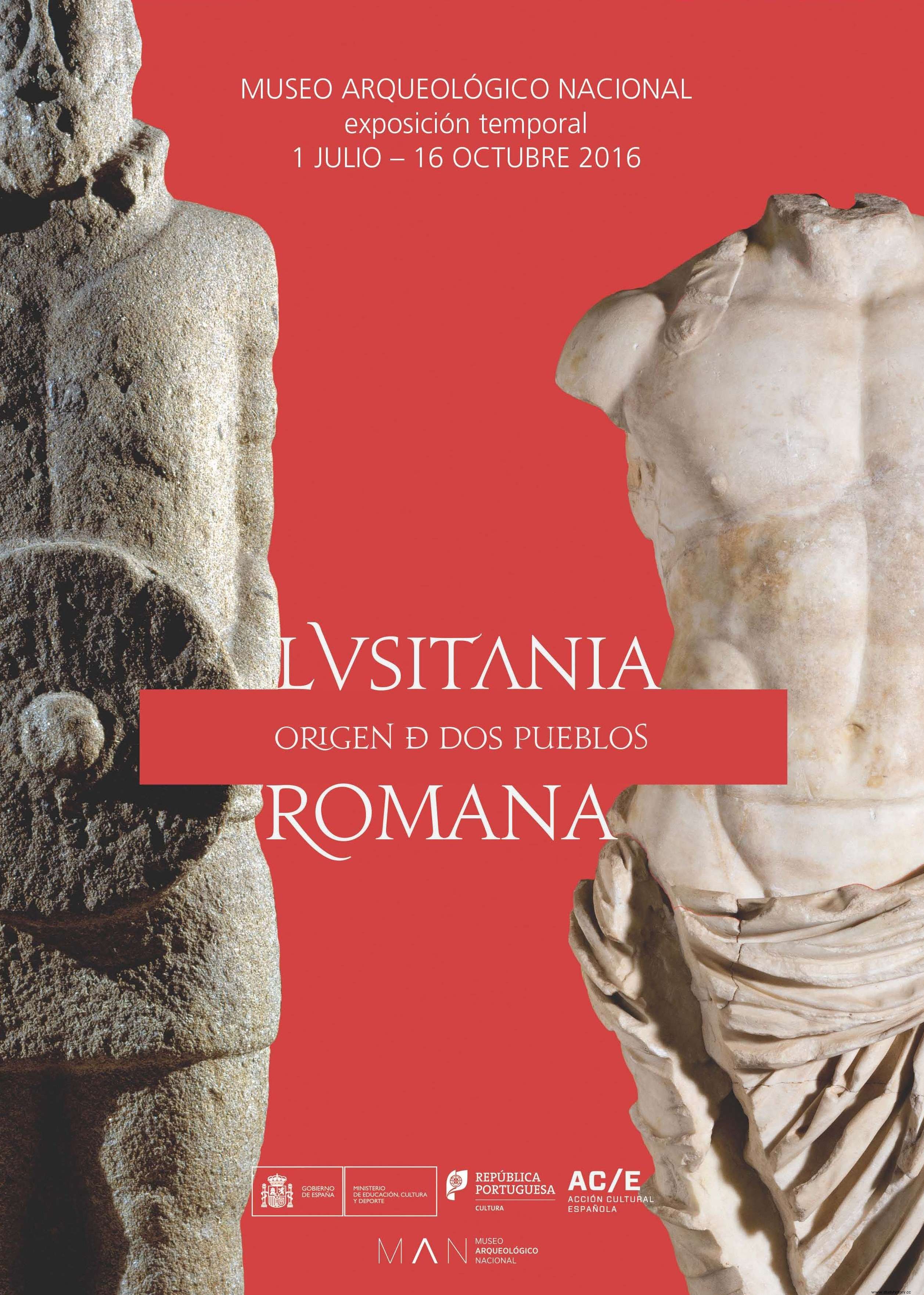
The MAN discovers the Roman Lusitania in Madrid
- For the first time, the great monolithic sculpture of the Lusitanian warrior is exhibited outside Lisbon, a unique piece
- The exhibition exhibits more than 200 collections, including 16 'National Treasures' of Portugal
- The museum offers a pioneering visitor experience through a mobile application and the use of 'iBeacons'
The National Archaeological Museum (MAN) opens to the public tomorrow the exhibition 'Roman Lusitania, origin of two peoples / Roman Lusitânia, origin of two povos', which you will discover for the first time in Madrid the history of this Roman province, created more than 2000 years ago in the territory now occupied by Portugal, Extremadura and the westernmost area of Andalusia.
Organized by the Ministry of Education, Culture and Sports, the Direçao-Geral do Patrimonio Cultural (Portugal) and Acción Cultural Española (AC/E), the exhibition covers five centuries of history through more than 200 pieces, from 13 Portuguese and three Spanish institutions, with a special contribution from the National Museum of Archeology (MNA) in Lisbon and the National Museum of Roman Art (MNAR) in Mérida, which are lending for this occasion a hundred of his best backgrounds.
6 ‘National Treasures’ of Portugal
On the tour, 16 cultural assets of great historical and archaeological value stand out, classified by the Portuguese State as "National Treasures". One of them is the large granite sculpture of a Lusitanian warrior, more than two meters high, which opens the exhibition and is exhibited for the first time outside of Lisbon.
Lusitania Romana will also show pieces as significant as the stele of Arronches, a unique example of an inscription in the Lusitanian language; the frescoes of the House of Medusa, by Alter do Chão; the monumental bronze arms of Campo Maior; the sarcophagus of the Stations of the Museu Nacional Soares dos Reis; a set of bronzes from Torre de Palma, from the collection of the Museu Nacional de Arqueologia de Lisboa; and the head of Galieno, from the Municipal Museum of Lagos Dr. José Formosinho.
The great unknown of the Roman West
Despite the importance of its evolution, both because of its location, at the edge of the known world, and because of the diversity of peoples that formed it and the political significance of its creation, Lusitania remains today one of the least known provinces of the Roman West.
Its capital, the Augusta Emerita colony, became the most important town on the western front of the Empire and the first effective capital of the Iberian Peninsula, after the administrative reform of Diocletian.
Roman Lusitania is the result of decades of research and a common cross-border project in which administrations and institutions from Spain and Portugal have participated. The exhibition is curated by José María Álvarez and Trinidad Nogales, from the National Museum of Roman Art in Mérida; Antonio Carvalho, from the National Museum of Archeology of Lisbon, and Carlos Fabião, from the Faculty of Letters of the University of Lisbon.
Free guided tours and tour with mobile applications
The exhibition will be open during the usual museum hours, with free admission, until October 16. Free guided tours have been scheduled from Tuesday to Friday, at 12:00 and 18:00, which will begin on July 5.
The MAN also offers a new visitor experience, a pioneer in Spanish museums. Through the Bemuseums application, a free app for mobile devices, based on proximity systems (iBeacon and Geofencing), the user travels through Roman Lusitania autonomously with the support of content designed specifically for this exhibition.
Among other contributions, the application includes 24 phrases in Latin with the reading of the inscriptions of some of the exhibited pieces. The app and all the information can be downloaded from the Apple Store and Google Play, from the MAN information point – at the museum entrance – or on the website www.man.es.
